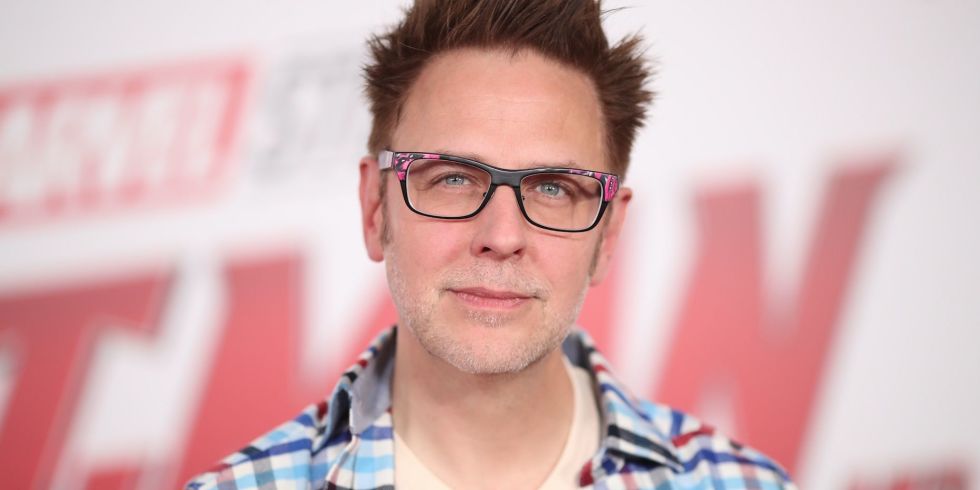After weeks of speculation, DC have finally confirmed that James Gunn, previous director of Guardians of the Galaxy Vol. 1 and Vol. 2, will be writing the sequel to David Ayer’s Suicide Squad. The first Suicide Squad was released in 2016 and despite the onslaught of critical backlash the film received, nothing was going to stop the box office reeling in upwards of 6 million dollars.
James Gunn was fired by Disney in July 2018, after some controversial tweets resurfaced and caused outrage among the fans of the franchise and the majority of the internet. After the company announced Gunn would be leaving the film, the cast of Guardians pleaded for his return, saying that a Guardians of the Galaxy film would just not be the same without him. Dave Bautista was the most vocal cast member, even offering his talents to Gunn in the newest Suicide Squad film. As far as we know, Gunn is only writing the sequel and has not been confirmed as director, but has been given free reign with the story and there has even been talk of him taking it in a completely new direction, not producing a sequel to Suicide Squad, but more of a reboot.
The infamous tweets in question were published over four years, spanning from 2009 to 2012. At first glance, the tweets could be seen as vulgar and offensive due to many of them being about rape or paedophilia. However, when you read them carefully, it becomes clear that they were intended to be provocative jokes. James Gunn explained in a tweet after the news broke about his firing that “Many people who have followed my career know when I started, I viewed myself as a provocateur, making movies and telling jokes that were outrageous and taboo.” This was not an excuse for his behaviour as he took full responsibility for the offensive content, but it is something to keep in mind.
Gunn’s move to DC could be seen as a lapse in moral judgement on the part of DC or it could highlight how Disney may have been too quick to react, with the severity of the tweets perhaps being blown out of proportion. The firing of James Gunn was a polarising event, with some praising Disney for their quick thinking and some condemning the company for conforming to the masses. In our digital age, with social media becoming more essential in our everyday lives, instead of growing up and making mistakes in the private of our homes, we now live out every blunder and fault in front of an audience. Our mistakes are chronicled and filed away neatly in all corners of the internet, ready to be pulled up and used against us when applying for jobs. We are warned as children that we should only put information on the internet that we would want out future employers seeing, but should we allow the internet to have this much power over us? James Gunn pointed out that his resurfaced tweets in no way shape or form represented the man he is presently, or his current style of humour. By supporting Disney’s decision to fire Gunn, are we handing the internet, but more importantly the people that use it, the power to punish our present self for the actions of our past. The internet has polaroid-like qualities, capturing a specific moment in time, the person we are then, not the person we are now. So how can we judge a person’s character based on a tweet from years ago, when they have had time to grow and learn?
What ended Gunn’s time at Disney was not poor performance or bad behaviour at the time, but rather his pre-Marvel behaviour. After sexual harassment, controversial tweets are the leading cause in the death of a career in Hollywood. The tweets and blog posts of a similar nature had been circulating the internet for a while, to which it appears Disney had turned a blind eye to. This was until the tweets blew up on Twitter, which is because as a society we have created a “cancelled” culture, where punishment isn’t decided by the severity of the crime but rather how much noise is made about it. The internet was enraged when Gunn’s tweets hit mainstream media and Disney heard them loud and clear. Twitter has become the new Salem and James Gunn was the witch on trial.
Emily Parry
Image Courtesy of Getty Images

